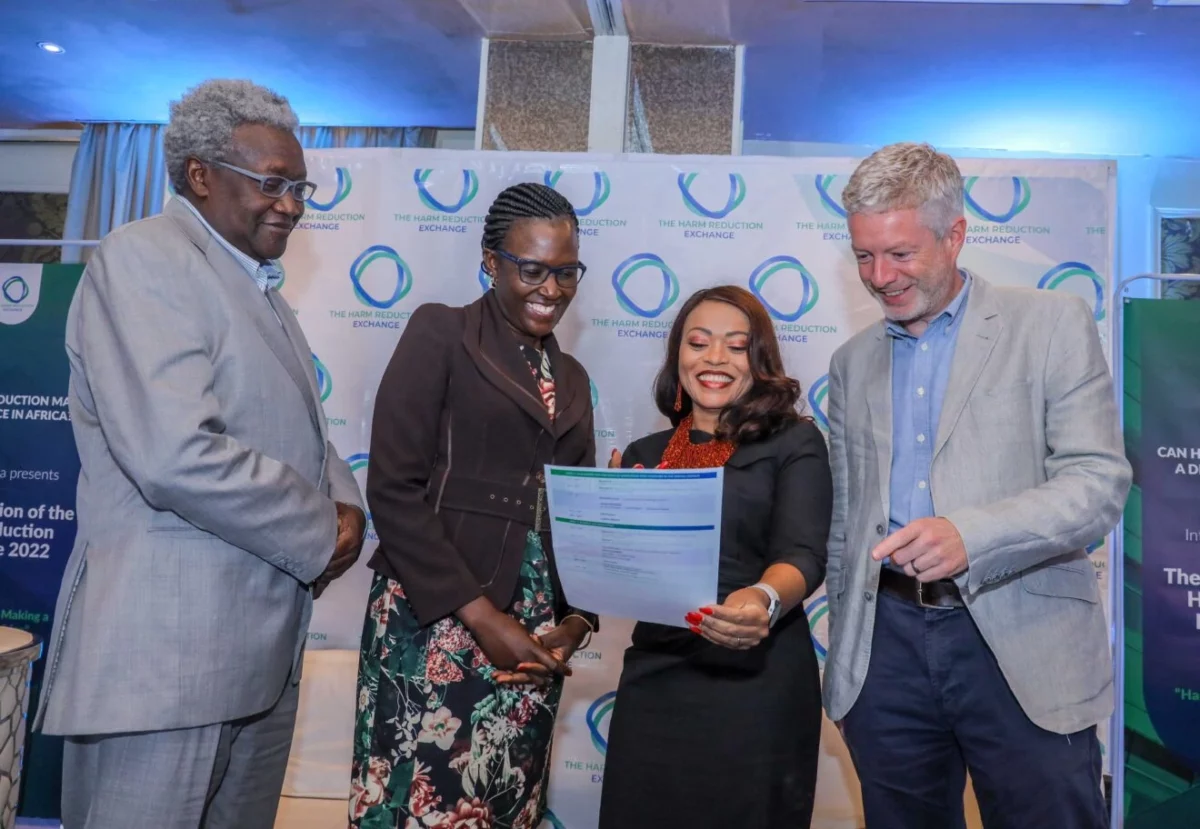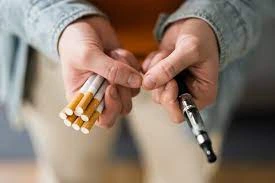Harm Reduction refers to policies, programmes and practices designed to minimise negative health, social and legal impacts associated with various human behaviours using harmful products.

This reduction is used to decrease the negative consequences of drug use and other elements, by recognizing that those unable or unwilling to stop can still make positive changes to protect themselves and others.
So far, several African countries have already implemented Tobacco Harm Reduction(THR) policies and programs. For example, South Africa has legalized the sale of e-cigarettes and heated tobacco products.
In addition, Kenya has also taken steps to regulate THR products and is considering legalizing e-cigarettes.
Speaking during the third annual Harm Reduction Exchange in Nairobi, on Thursday 19th, themed: ‘Amplifying the voice of Harm Reduction advocacy across Africa’, the president of the African Medical Association and the Association of Medical Councils of Africa Dr. Kgosi Letlape challenged African governments to adopt harm reduction approaches when regulating public health challenges.
Also Read: Fundamental Things All Students Must Know Before Starting College
“Harm reduction is a practical and transformative approach that incorporates communitydriven public health strategies including prevention, risk reduction, and health promotion to empower people who use drugs and their families with the choice to live healthy and selfdirected,” Dr. Kgosi said.
“We hope that our lobbying efforts will spark renewed conversations on tobacco harm reduction among all stakeholders, including regulators and policymakers, which could lead to effective regulation and access to noncombustible product alternatives for adult smokers who are unable or uninterested in quitting,” he added.
Across the world, harm reduction strategies have been deployed in public health as a pragmatic and compassionate approach to address various issues, particularly in the context of substance use and other risky behaviors. Some of these strategies include Needle Exchange Programs, supervised injection sites, condom distribution, PrEP (Pre-Exposure Prophylaxis), Nicotine Replacement Therapy (NRT), Vaping and E-Cigarettes, and supervised consumption of medications.
Further, Integra Africa Principal Dr. Tendai Mhizha emphasized the role that journalists and media houses should play in handling misinformation and disinformation in tobacco harm reduction discussions.
“The media play a critical role in accelerating the progress towards full uptake of harm reduction strategies in all spheres of health across the continent. With the advent of technology, we find that misinformation and disinformation are becoming increasingly prevalent with the democratization of the information space. Moving forward, there is a need
to ensure that stakeholders are well informed with current and relevant information about the science, the changes that occur and how we can advance towards a smoke-free world,” Dr. Tendai said.
Raising awareness for tobacco harm reduction (THR) as a public health strategy encourages adult smokers who are unable or uninterested in quitting tobacco altogether to migrate to noncombustible product alternatives. THR has the potential to bring about one of the greatest
public health achievements of our time,” said Dr. Tendai
Therefore, the harmonization of public healthcare regulation of THR products in Africa would be a positive step towards reducing the harms associated with tobacco use.
It would also signal that African governments are committed to public health and protecting their citizens from the dangers of tobacco smoke.
Subscribe to our Youtube channel Switch TV
















